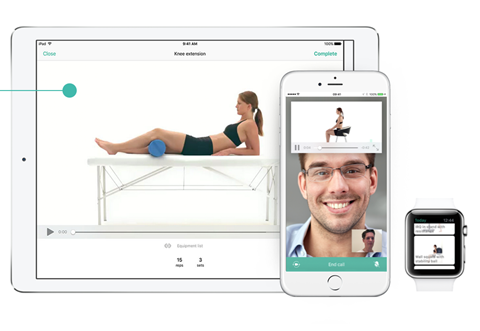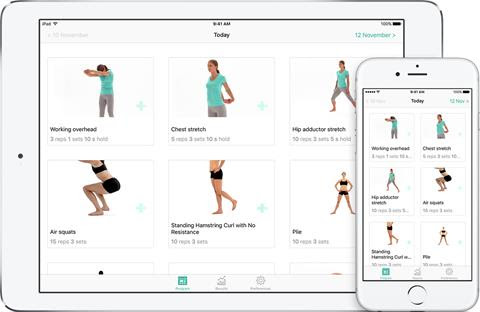Working from home during COVID-19? We’ve got your back.
Protect your posture with at-home ergonomics
Working from home is the new normal due to global concerns over COVID-19 (CoronaVirus). How can you look after yourself during this time? Adjust your work – from – home office ergonomics.
The majority of us will be sitting most of the day, if not all day long. You may have heard that sitting is the new smoking. This is because research suggests sitting more than 6 hours a day decreases the lifespan of men by 20% and women by 40%. If we sit more than 10 hours a day, moderate exercise for 30 minutes cannot undo the risk of lifestyle diseases. Therefore, the right ergonomic setup can help offset these risks.
So how do you make your home office more ergonomic?
Simple changes are best!
-
Desk Height: Desk height should be equal to elbow height (right angles/90 degrees) to equally distribute the load on your wrists, shoulders and neck.
-
Screen Height: Ideally the top of the screen should be at eye level to limit excessive looking down to protect your neck
-
Screen Distance: Aiming for one arm’s length away from the screen
-
Screen Brightness: Adjusted to comfortable brightness, contrast and font size (ensure free from glare, reflection from light sources or shadowing)
-
Back Rest: Unfortunately replacing your fancy ergonomic chair will be hard. Alternatively, using a lumbar support roll or pillow will provide you with a 10-20 degree recline to minimise the risk of low back and neck pain.
-
Standing Desk: Converting your kitchen bench top to a standing desk to break up sitting is a good start. How, might you ask? Using books, boxes, mini stools, board games etc. Stack them neatly to form a tower for you to place your laptop on. This will allow you to create and adjust your ideal screen height. The final step would be using a keyboard, wireless keyboard or mouse to adhere to the desk height and keep your body injury free.
In conclusion
Once again there is nothing better than exercise, especially during this social distancing period. By identifying the risks and implementing early strategies we can reduce the risk of aches and pains in the neck, back and wrists. At BOSIC, we suggest implementing incidental movements to break up sitting and standing times. A simple strategy would be to take regular breaks to exercise or take a walk (including hydration breaks & toilet breaks).
As always please keep up your good hygiene (regularly wash hands, avoid large gatherings and be nice).
If you are getting stiff or sore whilst working from home we can cater to your specific needs and home setup, as we run regular ergonomic setups to clients. For more information and questions at BOSIC we have a video review option via our Telehealth to help you from home, interstate or internationally.


 nd when?
nd when? 



